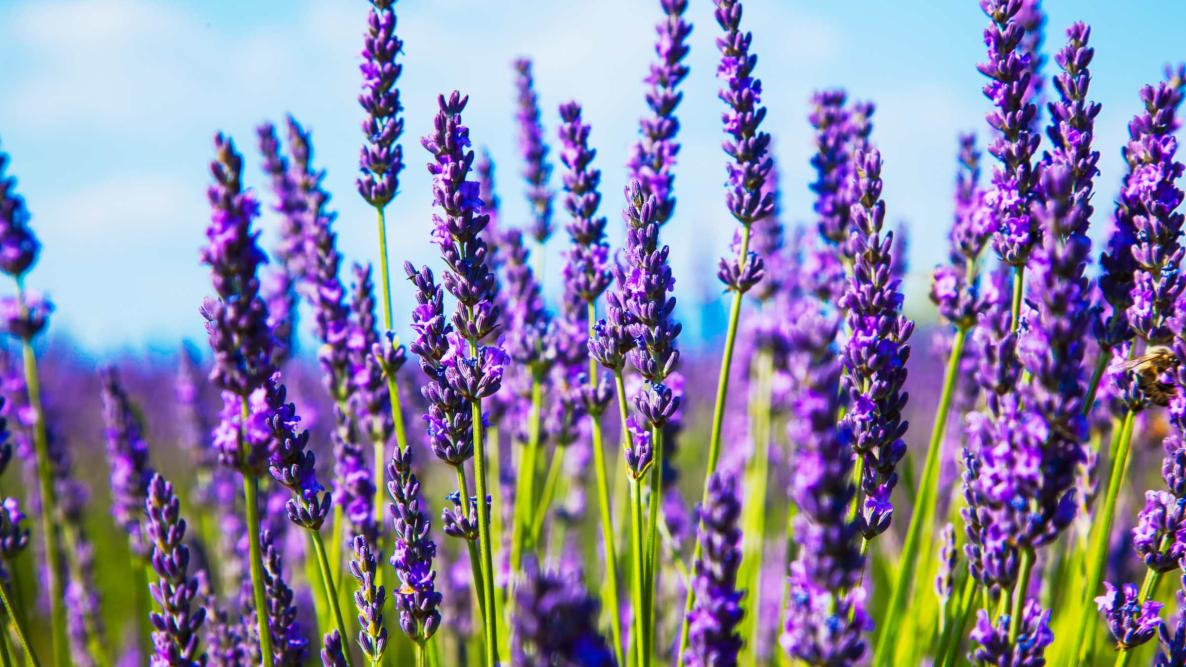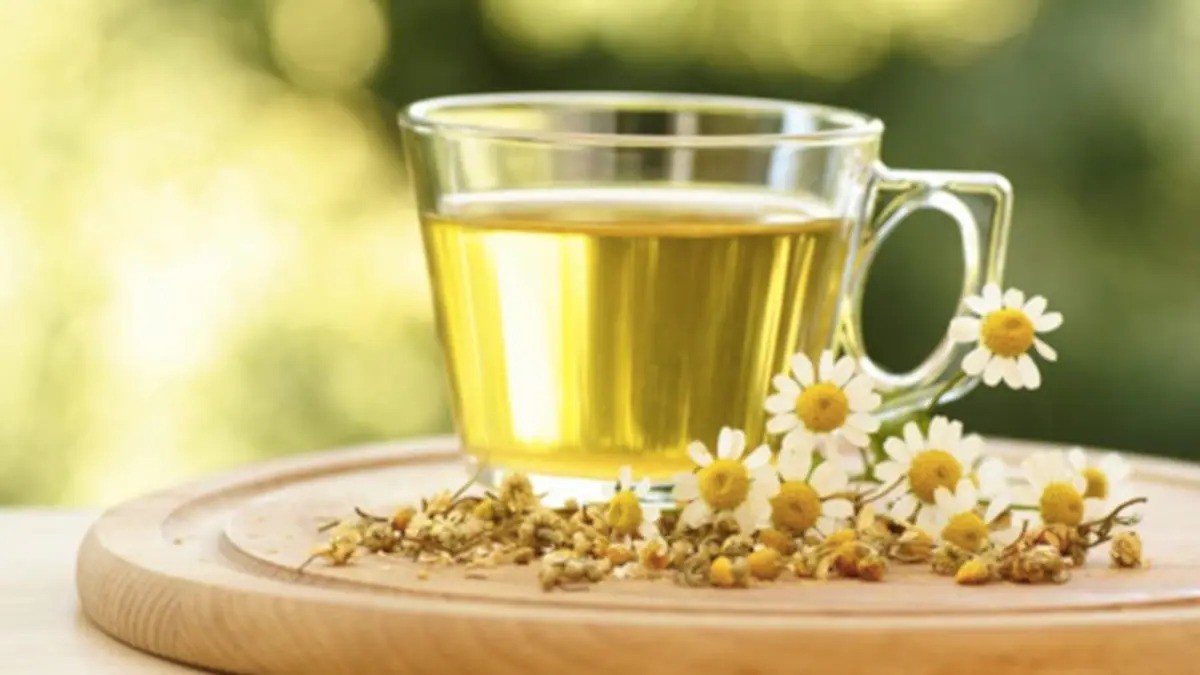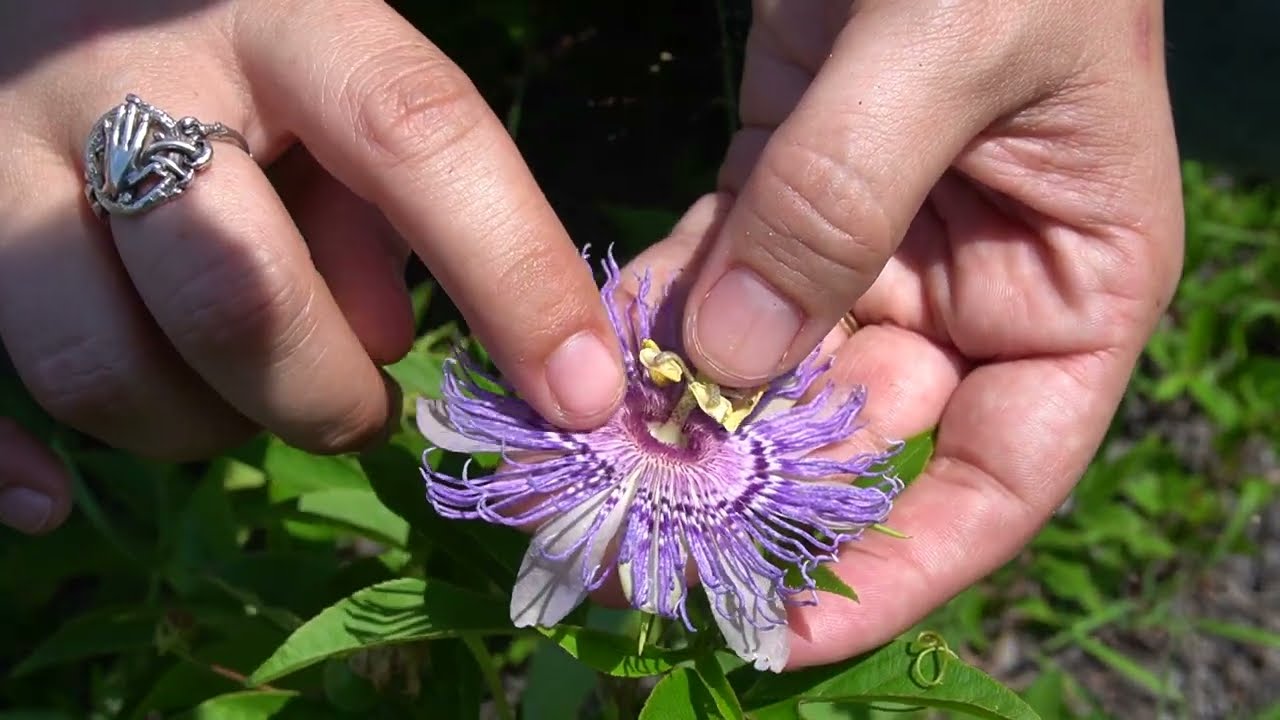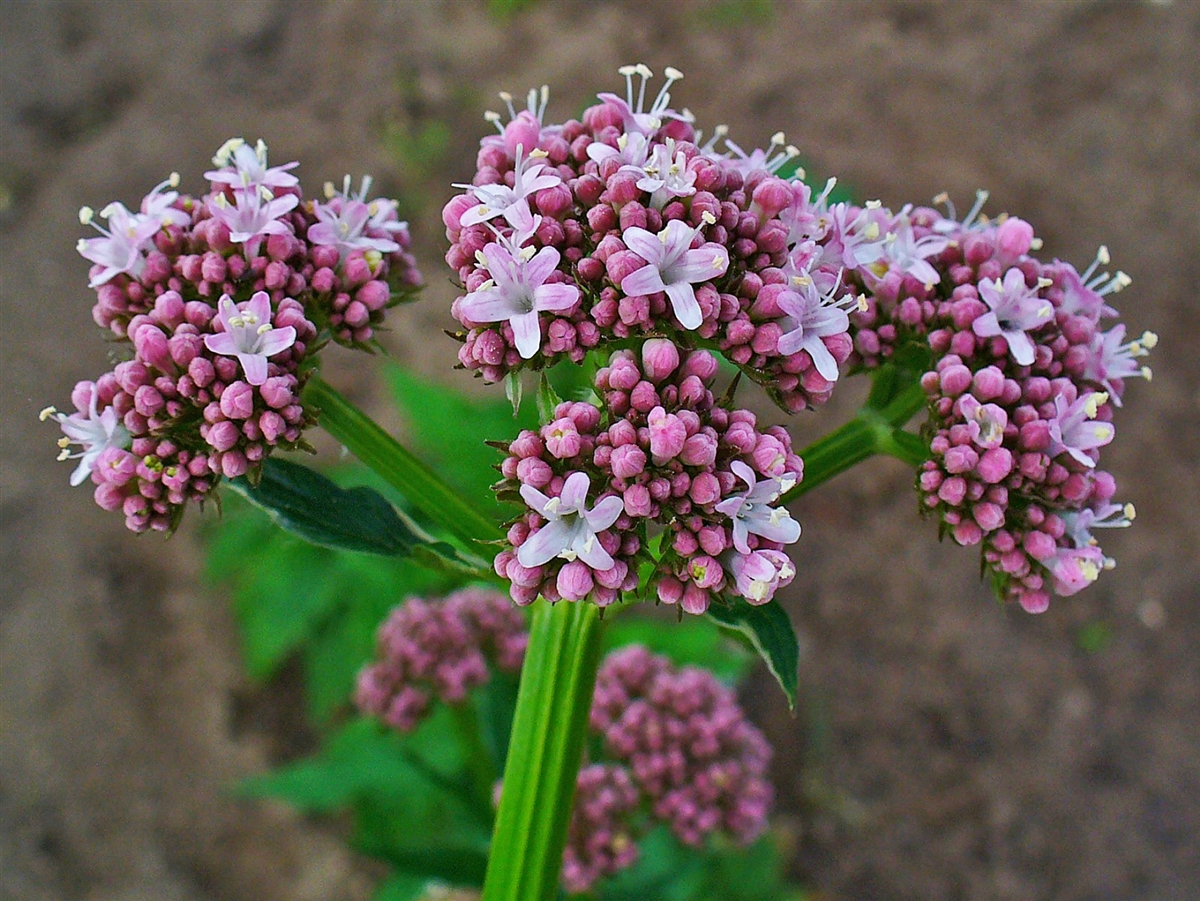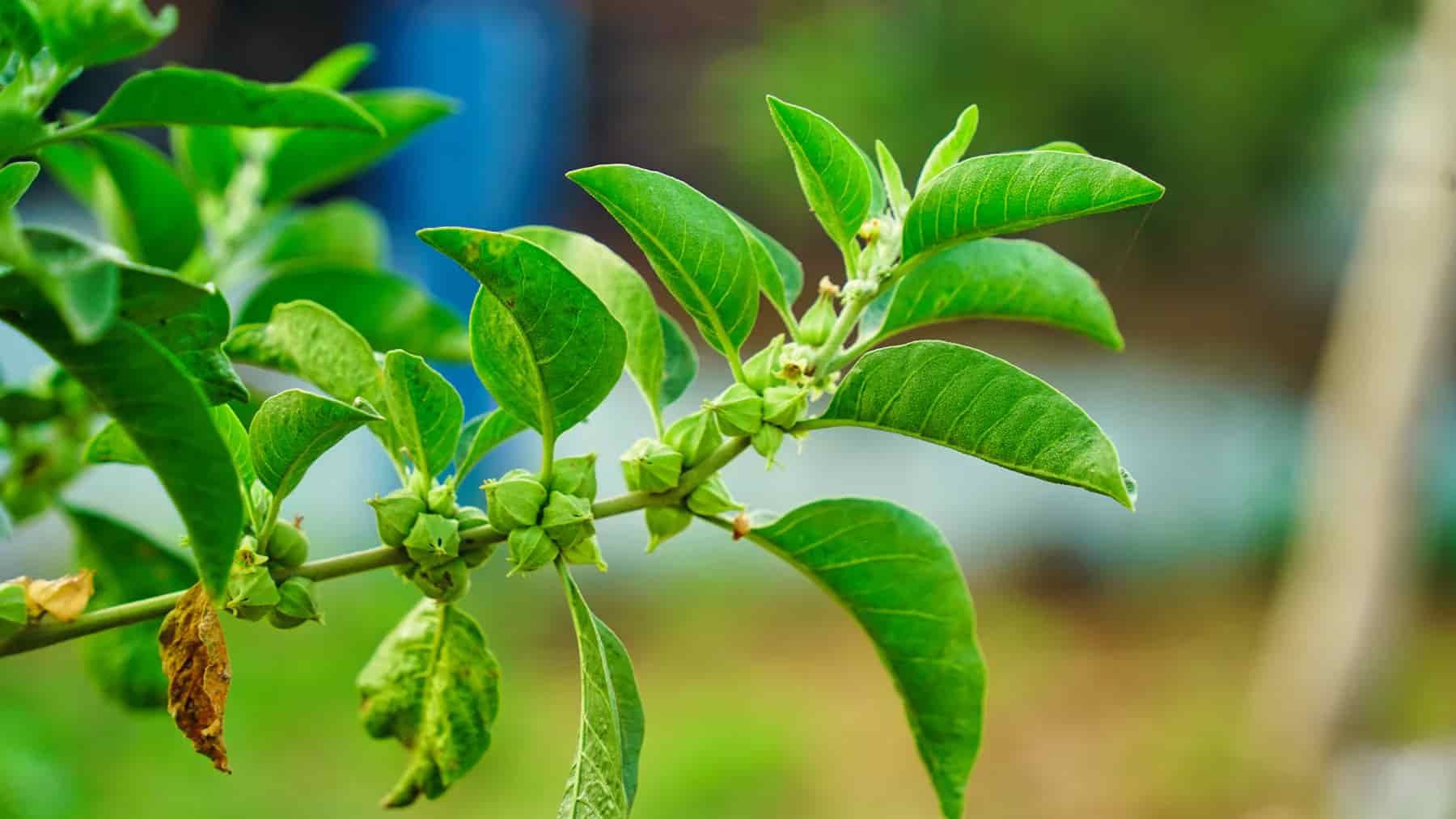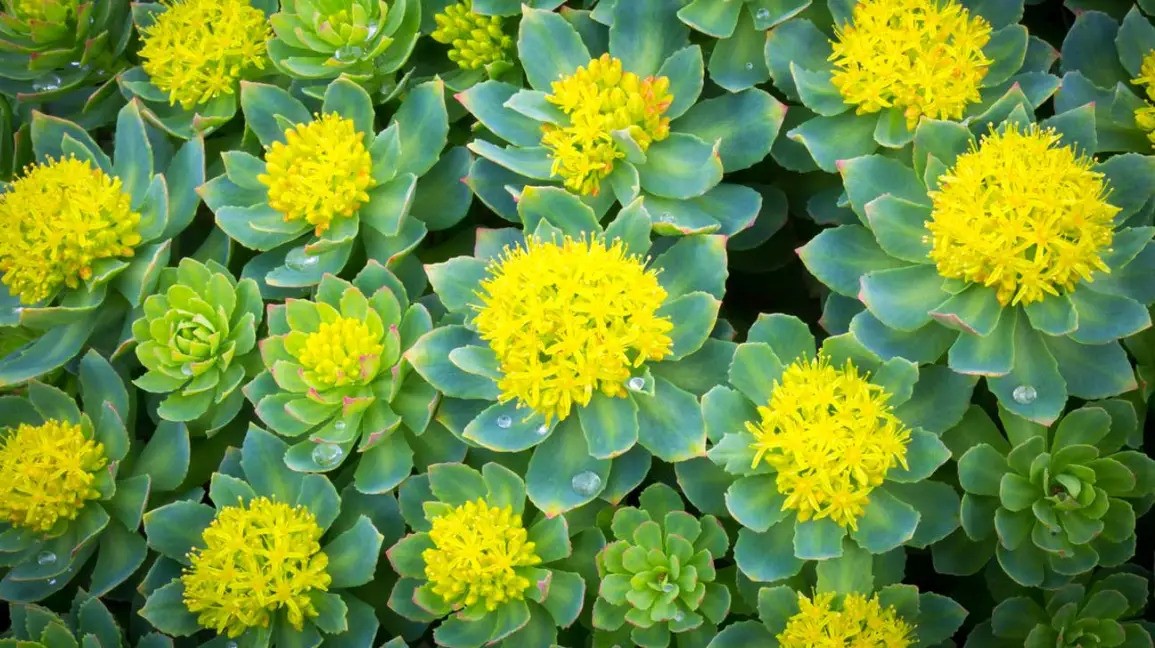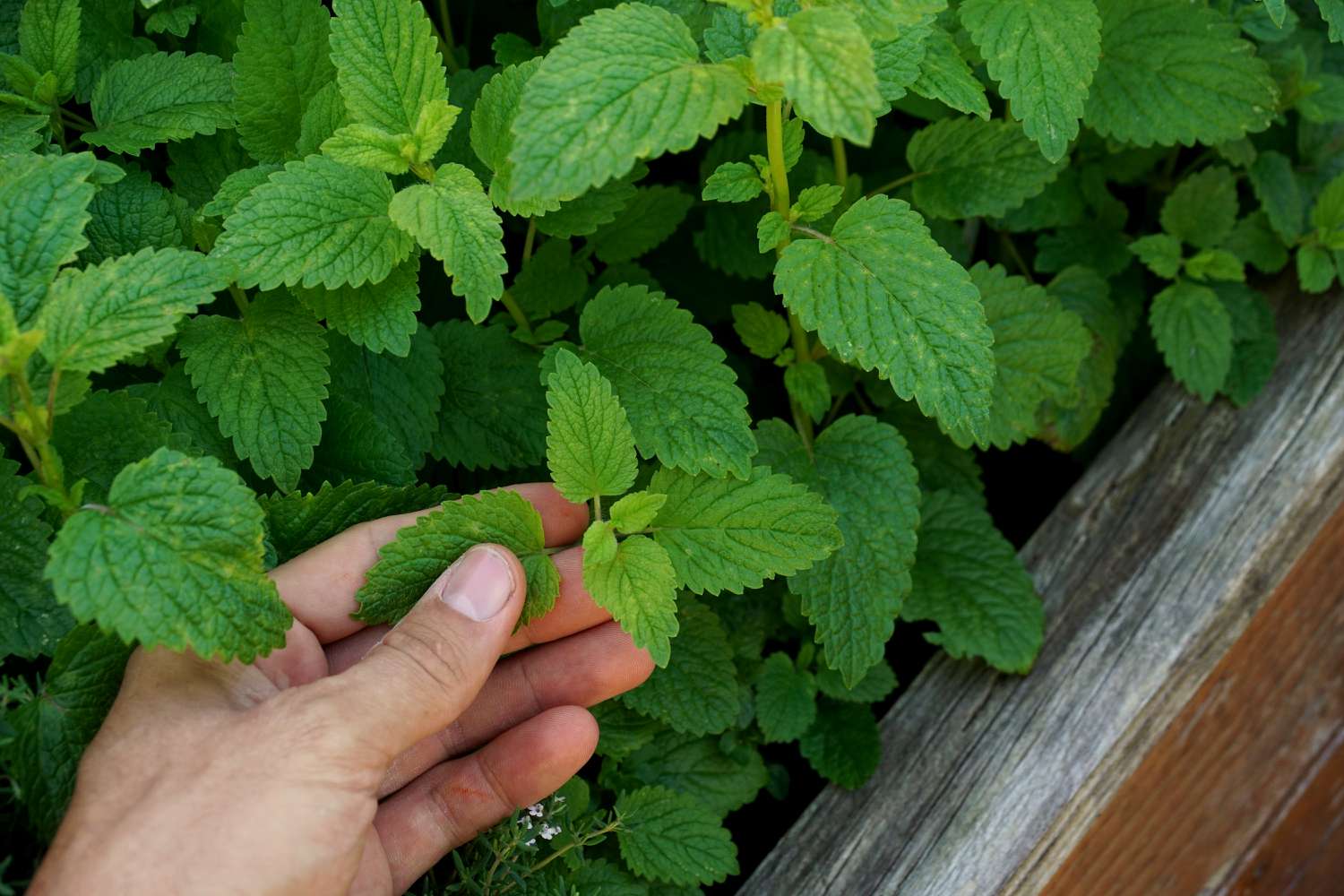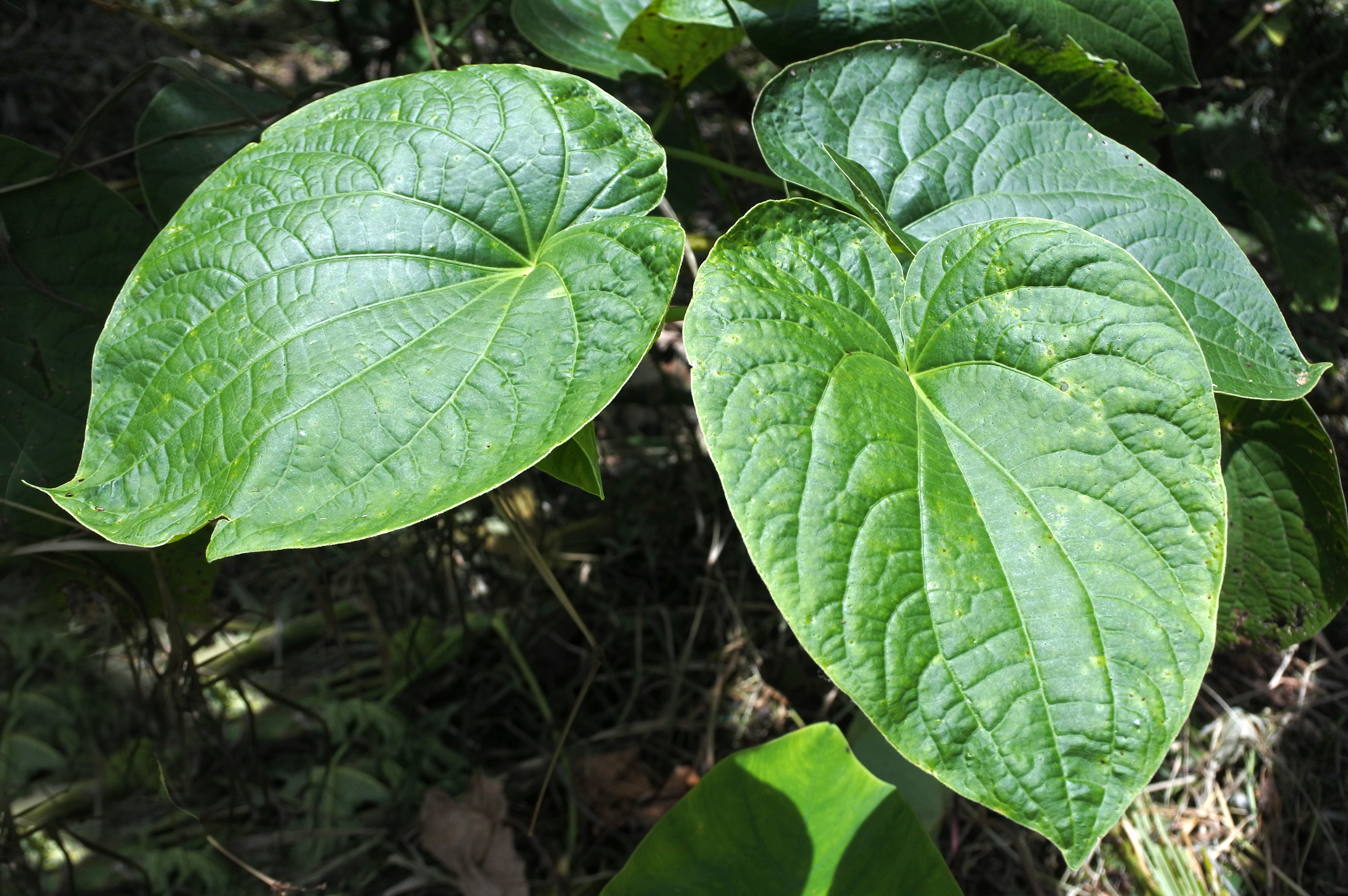Herbal Supplements For Anxiety Relief - Green Remedies Beyond Pharmaceuticals
Explore the effectiveness, safety, and potential benefits of herbal supplements for anxiety relief, shedding light on their role in promoting mental well-being.
Author:Karan EmeryReviewer:James PierceMar 07, 20241.2K Shares35.5K Views
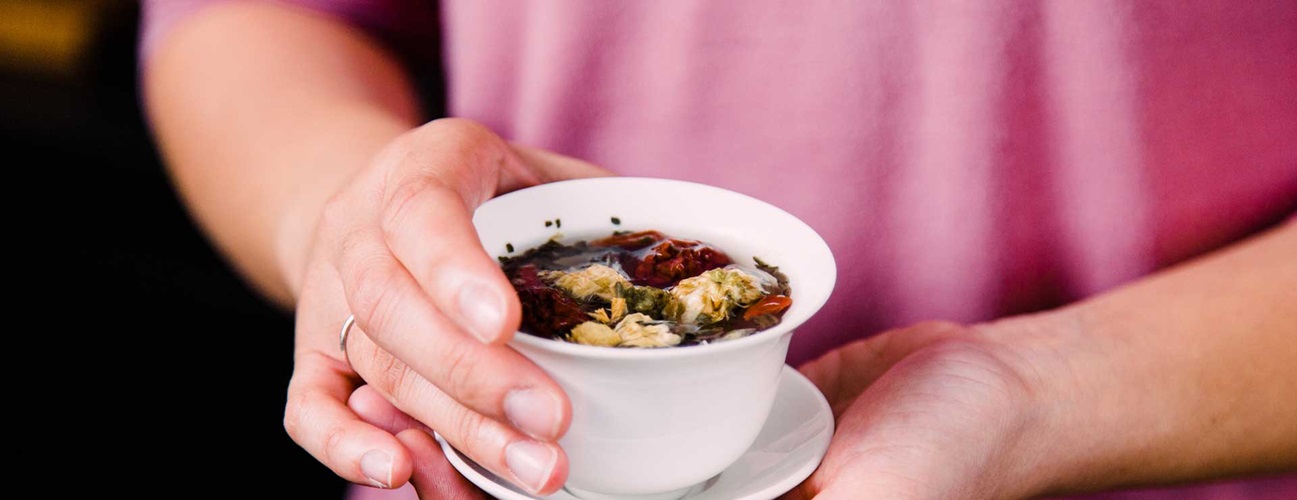
Anxiety is a common mental health concern affecting millions worldwide, with individuals often seeking natural remedies for relief. Herbal supplements for anxiety reliefhave gained popularity as an alternative approach to managing symptoms.
These natural remedies, derived from plants and herbs, offer a promising avenue for those seeking relief from the grips of anxiety. In this article, we will explore the effectiveness, safety, and potential benefits of herbal supplements for anxiety relief, shedding light on their role in promoting mental well-being.
What Is Anxiety
Anxiety is a natural human response to stress, characterized by feelings of fear, worry, and uneasiness. It is a normal reaction to challenging situations and can be beneficial in prompting individuals to stay alert and focused. However, when anxiety becomes excessive or disproportionate to the situation, it can develop into an anxiety disorder.
Anxiety disorders are a group of mental health conditions that involve persistent and overwhelming anxiety and fear. Common symptoms of anxiety include restlessness, tension, rapid heart rate, sweating, trembling, and difficulty concentrating. Anxiety can manifest in various forms, such as generalized anxiety disorder, panic disorder, social anxiety disorder, and specific phobias.
8 Benefits Of Herbal Supplements
Herbal supplements are derived from plants and have been used for various health purposes for centuries. While the specific benefits can vary depending on the herb and individual health conditions, here are some general advantages associated with herbal supplements:
- Natural Ingredients -Herbal supplements often contain natural and plant-based ingredients, making them a popular choice for those seeking holistic and minimally processed alternatives.
- Holistic Approach -Many herbal supplements take a holistic approach to health, addressing the underlying causes of symptoms rather than just alleviating them. This can contribute to overall well-being.
- Fewer Side Effects -Compared to some synthetic medications, herbal supplements may have fewer side effects. However, it's crucial to note that they can still interact with medications or cause reactions in some individuals.
- Rich In Antioxidants -Several herbs are rich in antioxidants, which can help combat oxidative stress and inflammation in the body. This is beneficial for overall health and can contribute to disease prevention.
- Support For Specific Conditions -Certain herbal supplements are known for their potential to support specific health conditions, such as echinacea for immune support, ginger for digestion, or valerian root for sleep.
- Cultural And Traditional Use -Many herbal remedies have a long history of traditional use in various cultures. People often turn to these supplements based on centuries-old practices that suggest their efficacy.
- Balancing Effects -Some herbal supplements are believed to have balancing effects on the body's systems, helping to restore equilibrium and promote optimal functioning.
- Nutrient Content -Herbal supplements can be a source of essential nutrients, vitamins, and minerals that contribute to overall health.
8 Herbal Supplements For Anxiety Relief
1. Lavender (Lavandula)
Lavender, from the Lavandula family, is well-known for its calming and soothing effects, making it a popular choice to ease stress and anxiety. People often use lavender in various forms, such as essential oils, teas, or dried herbs, to tap into its natural relaxation properties. The pleasant scent and gentle nature of lavender make it a go-to remedy for those seeking a natural way to promote a sense of calmness in their daily lives.
Whether infused in soothing teas, added to essential oil diffusers, or simply kept as dried herbs, lavender offers a versatile solution for stress relief. Its reputation for creating a tranquil atmosphere has made it a staple in the realm of natural remedies. Many individuals appreciate the simple yet effective contribution of lavender to their well-being, providing a fragrant and soothing ally in the pursuit of relaxation and anxiety reduction.
2. Chamomile (Matricaria Chamomilla)
Chamomile, scientifically referred to as Matricaria chamomilla, is a gentle herb widely embraced for its anxiety-relieving qualities. Many individuals turn to chamomile tea as a favored method to induce relaxation naturally. This herb is celebrated for its mild sedative effects, creating a soothing and calming sensation that resonates with those seeking a tranquil remedy for moments of stress or anxiety.
Whether steeped in a cozy cup of tea or utilized in various other forms, chamomile's reputation as a relaxation aid has made it a cherished choice in the realm of natural remedies. Its simplicity, coupled with its potential to promote a sense of calm, positions chamomile as a go-to herb for those desiring a gentle and pleasant way to unwind and reduce anxiety in their daily lives.
3. Passionflower (Passiflora Incarnata)
Passionflower, scientifically known as Passiflora incarnata, has a history rooted in traditional use for addressing anxiety and insomnia. This herb, with its captivating name, has long been employed to provide relief from anxious feelings. Its potential lies in its ability to have calming effects on the mind, a quality attributed to the increase in levels of a neurotransmitter called gamma-aminobutyric acid (GABA) in the brain.
Traditionally, people have turned to passionflower to ease both anxiety and sleep-related concerns. By influencing GABA, a natural substance that helps regulate nerve activity, passionflower offers a natural and calming approach to promote relaxation. Whether infused in teas, taken as supplements, or found in other forms, passionflower continues to be explored as a botanical ally for those seeking a gentler path toward managing anxiety and improving sleep.
4. Valerian Root (Valeriana Officinalis)
Valerian root, scientifically named Valeriana officinalis, is a popular choice for those seeking natural relief from anxiety and sleep issues. This plant root has a history of being used as a remedy, particularly for its potential to address feelings of anxiety and certain sleep disorders. People often turn to valerian root as a botanical alternative to help them unwind and relax.
The potential calming effects of valerian root are thought to be linked to its influence on GABA receptors in the brain. GABA, or gamma-aminobutyric acid, is a neurotransmitter that plays a role in calming nerve activity. By interacting with these receptors, valerian root offers a natural way to promote relaxation, making it a commonly explored option for individuals seeking a plant-based approach to manage anxiety and improve sleep quality.
5. Ashwagandha (Withania Somnifera)
Ashwagandha, scientifically known as Withania somnifera, is a remarkable herb recognized for its adaptogenic properties. This means it may assist the body in coping with stress more effectively. Ashwagandha has gained popularity as a natural remedy, with many believing in its potential to reduce anxiety by helping the body manage and respond to stressors more adaptably.
The anxiety-reducing effects of Ashwagandha are thought to be linked to its ability to modulate the body's stress response. By influencing how the body reacts to stress, this adaptogenic herb is believed to create a balancing effect, promoting a more harmonious response to life's challenges. Whether consumed in supplements, teas, or other forms, Ashwagandha is explored by individuals seeking a holistic approach to stress management and anxiety reduction.
6. Rhodiola (Rhodiola Rosea)
Rhodiola, scientifically known as Rhodiola rosea, is a special herb known for its adaptogenic qualities. This means it might help the body better handle and resist stress while fostering an overall sense of well-being. Rhodiola has caught the attention of many looking for natural ways to manage stress, with the belief that it works by positively affecting the levels of certain brain chemicals.
The potential of Rhodiola to enhance the body's resistance to stress is thought to be linked to its impact on neurotransmitters. These are chemicals that transmit signals in the brain, influencing mood and stress responses. By modulating these neurotransmitters, Rhodiola is believed to contribute to a more balanced and positive mental state, making it a sought-after herb for those seeking a natural approach to stress management and well-being.
7. Lemon Balm (Melissa Officinalis)
Lemon balm, scientifically known as Melissa officinalis, is a soothing herb that comes from the mint family. Renowned for its calming properties, lemon balm is a popular choice for those looking to alleviate stress and anxiety in a natural way. Its gentle nature and pleasant lemony aroma make it a favored herb in the quest for relaxation.
Commonly utilized to reduce stress and anxiety, lemon balm is thought to have mild sedative effects. Whether enjoyed in teas, added to aromatherapy, or used in other forms, this herb is embraced for its ability to bring about a sense of calmness. Lemon balm's subtle yet effective influence on the nervous system positions it as a comforting option for individuals seeking a botanical remedy to ease stress and promote relaxation.
8. Kava Kava (Piper Methysticum)
Kava Kava, scientifically known as Piper methysticum, boasts a rich history of use in the South Pacific for its calming and relaxing qualities. This plant has been traditionally embraced for its potential to induce a sense of tranquility. With its roots in cultural practices, Kava Kava has become recognized for its ability to promote relaxation in those who consume it.
The relaxation attributed to Kava Kava is believed to stem from its interaction with neurotransmitters, the chemical messengers in the brain. By influencing these neurotransmitters, Kava Kava may contribute to reducing symptoms of anxiety. While celebrated for its calming effects, it's important to note that the use of Kava Kava should be approached with caution and in moderation, as excessive consumption may have adverse effects on the liver.
Herbal Supplements For Anxiety Relief - FAQ
What Calms Down Anxiety?
Here are some simple exercises you can try that might calm you down.
- Take a break. Focus on your breathing. Listen to music.
- Spend some time in nature. Try active relaxation. Think of somewhere else.
- Try guided meditation. Get creative.
How Do I Stop Worrying So Much?
How can you stop worrying?
- Take a mindful relaxation break. If your worries and negative thought patterns feel inescapable, it may be time to switch up your routine. ...
- Write down your worries. ...
- Learn your triggers. ...
- Practice breathing techniques. ...
- Adjust your diet.
What Are The Benefits Of Taking Natural Supplements?
Restoring nutrient deficiencies
Natural supplements also include the essential vitamins and minerals your body needs to produce energy, heal wounds, fight disease, and keep all your vital organs working.
Final Words
Herbal supplements for anxiety relief represent a promising option for individuals seeking natural remedies to alleviate symptoms of anxiety. While they may offer benefits for some, it's essential to approach their use with caution, considering individual differences, potential interactions with medications, and consulting healthcare professionals.
With further research and understanding, these herbal remedies could play a significant role in supporting mental health and well-being for those grappling with anxiety.

Karan Emery
Author

James Pierce
Reviewer
Latest Articles
Popular Articles
